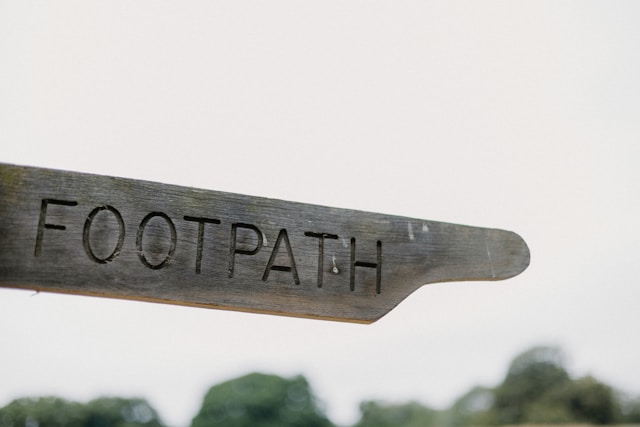Jack Dorsey, co-founder of what was Twitter, sparked debate by posting a simple statement: “delete all IP law”. Elon Musk, owner of X, quickly responded, “I agree”. Their terse, unpunctuated exchange has ignited discussions about intellectual property (IP) laws, particularly in the context of AI and copyright. Consider the implications for protecting your innovations.
Background on twittens, Dorsey, and Musk
A twitten is a path in the Sussex dialect of English. It is also my term for a series of tweets on X. Jack Dorsey has led or founded other companies, including Block and Bluesky. Elon Musk is an American businessman.

Dorsey elaborated on his stance, arguing that creativity, not IP law, is what separates human creations from AI and that the current system limits innovation while benefiting gatekeepers rather than creators. He also added, “there are much greater models to pay creators. the current ones take way too much from them and only rent-seek.”
Musk’s agreement aligns with his past statements, such as calling patents “for the weak” and pledging not to enforce Tesla’s patents against competitors using them in good faith. A bargain that few have agreed to.
Responses in favour of IP rights
Their comments have faced strong backlash from artists, legal experts, and industry professionals.
Fair dealing meets artificial intelligence
This debate is particularly relevant as AI companies lobby for changes to copyright laws that would allow AI models to train on protected works under fair use. In Canada, we have a similar concept of fair dealing, which has a complex and under-tested relationship with AI.
The stance undermines the very protections that allow creators to thrive. Many argue that IP laws protect creators from exploitation, especially as AI companies increasingly use copyrighted material to train their models. Some see Dorsey and Musk’s stance as a direct attack on artists and writers, while others believe it signals a push for reform rather than outright abolition.
Platform companies want weak IP laws
Twitter is a platform. There is nothing there without content from the users. Platform companies such as education platforms in the 1990s, music sharing platforms in the 90s and 00s, and social media platforms thereafter have always wanted their users to have no IP rights. It was a happy accident that 140 characters is too short to copyright because otherwise Twitter would have required users to waive rights.
Dorsey has always wanted weak IP rights over content. So, in some ways, it is wrong to call Dorsey’s comments hypocritical. But keep in mind that software is protected by copyright, and companies want protection for their code. Indeed, often they assert ownership over ideas found in the code or creations that resemble their properties but aren’t. This is hypocritical and shows a lack of understanding of what copyright protects.
Delete all IP laws is not an option for innovations

It isn’t clear that Dorsey is talking about patents. Indeed, Dorsey never mentioned patents. And neither did Mr. Musk.
IP laws do provide a framework for inventors to protect their work and build value, especially for those without the resources of major tech companies. You use patents or trade secret protection to guard the return on your investments in your innovations. It levels the playing field between company sizes. The idea of deletion is akin to “pulling up the ladder”.
Dorsey leads and has led companies that generally don’t admit patentable inventions, so his views are not transferable to most industries. IP protection for inventions through patents, trade secrets, or designs through registered design rights is essential to growing companies. Your job is hard enough, IP thwarts imitators.

Conclusion
The larger issues are important. Seven words have caused much controversy because the count is eleven words once you count the two names. We are living in a world where the musings of the influential become law. And that is the real issue here – an attack on the rule of law.
What should you do as a leader in a technology company? Keep seeking IP rights until those rights are eliminated by legislative changes. If you have any questions on patents, trade secret protection, or design rights, please don’t hesitate to contact me.
